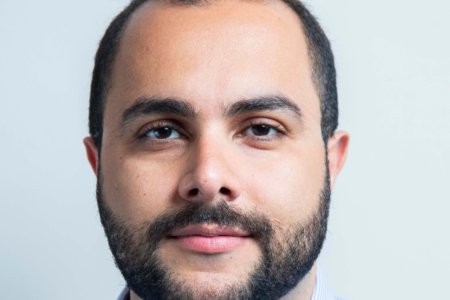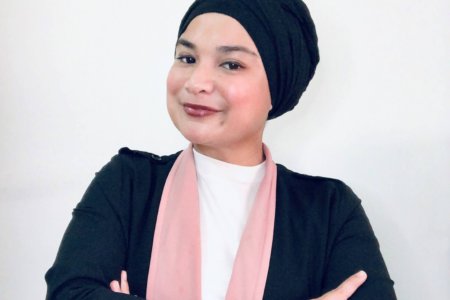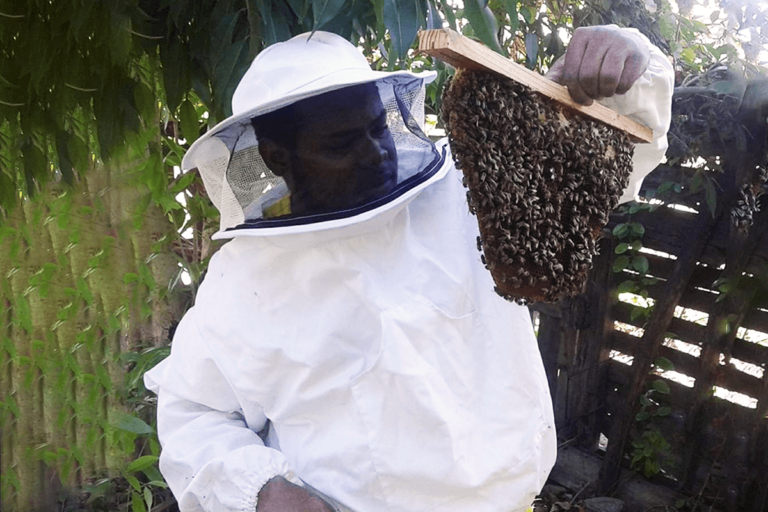
Everyone thinks growing up in Jamaica is all about the sun and beaches. Adrian Watson disagrees. The child of a single mother, he had to fight for opportunities.
Today, he is a scientist who advocates for the protection of Jamaica’s wondrous natural ecosystem — and an incoming Chevening scholar at the University of Bangor.
“Jamaica has one of the most important ecosystems in the world,” Watson shares. “Most of our population doesn’t know that we have a stingless bee population in our forest. Sadly, our forests are endangered because we’re a small, developing island under threat from climate change.”
For the 33-year-old, persistence was key to clinching the prestigious Chevening scholarship. He applied three times — each time with different essays — and got in on the third attempt. Now, he’s looking forward to “unlocking next-level career paths” via a global postgraduate qualification — made financially possible by the Chevening scholarship.
Study International caught up with Watson before his flight to the UK; here’s what he had to say about becoming an “accidental” beekeeper, and shaping a career out of it.
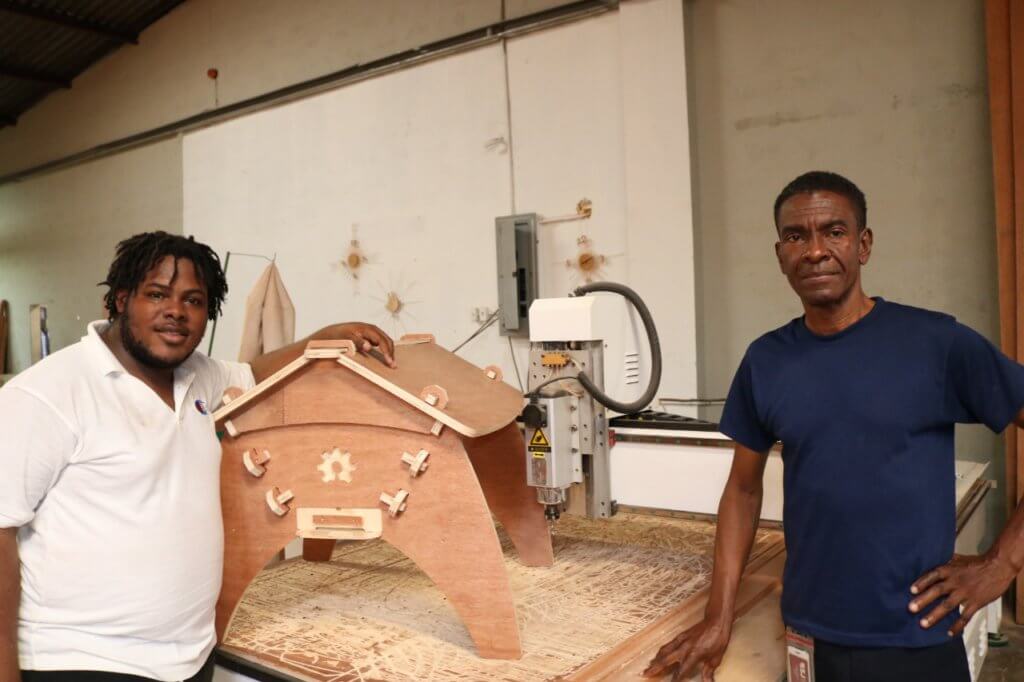
Environmental education and advocacy are important aspects of this beekeeper’s journey. Source: Adrian Watson
How and why did you decide on Bangor University in Wales?
I did a Google search for anything under conservation, and the top choice that came up was Bangor University. That was how I found out that they are pretty well known for biodiversity conservation, alongside physiotherapy and law. They’re also known for geography, which was my first degree.
I also got into the University of Kent and Bournemouth University, but Bangor’s master’s actually has a beekeeping module under its plants and pollinators course. It also has more of an anthropology focus, so I figured it was the best choice.
What exactly does a beekeeper do, and how do you make an income out of it?
It’s mostly about the inspection of the apiary of each box. You can collect swarms from the wild, but you have to isolate them — kind of like COVID — because you don’t know if they have any pests or diseases. So I’ve caught a few swarms, and they’re doing pretty well. I bought a few boxes as well.
Whether or not there’s honey depends on the season you’re in. If you’re going through a horrible drought, then you probably need to feed them (once or twice a month) to get them to stay. They’re not necessarily tamed — they’re just managed. You’d keep records on their general health, and the queen’s laying patterns.
During the beekeeping season, you flush out the excess honey, bottle it, label it, and it’s ready for sale. You can also earn money from selling wax, or making value-added products out of honey, wax, or propolis. You can even sell the bees, or go into making the equipment for extra income.
What’s going to happen to your colonies, once you leave?
I’ve trained two apprentices; they will be managing my colonies while I’m away, and I’ll be managing them remotely. So I’m hoping they’ll do the monthly inspections and update me with pictures and videos. I’ll be paying them a stipend for every visit.
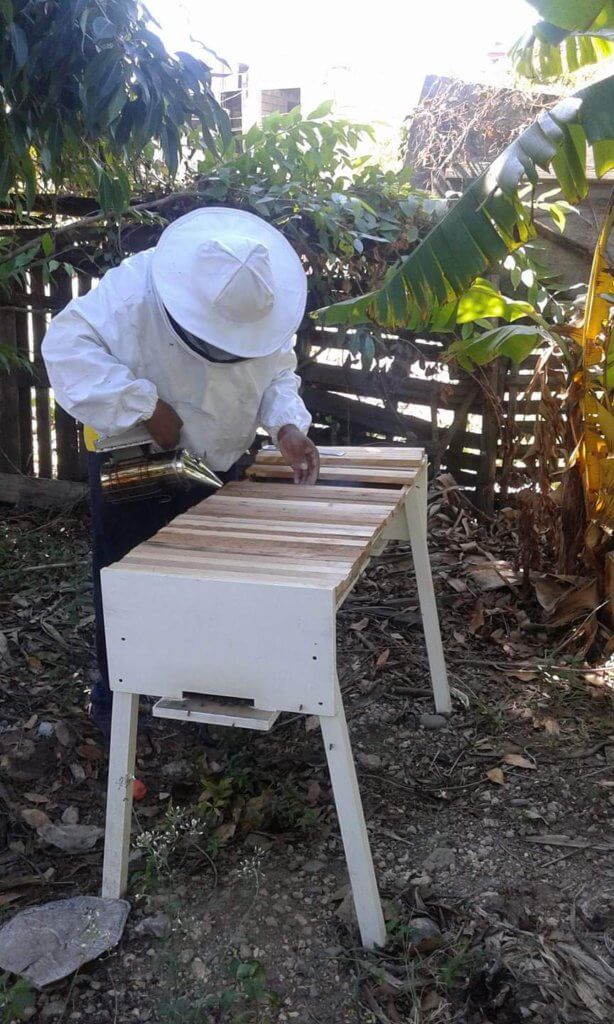
Through his vocation, Watson has found a special way to help rehabilitate the Jamaican ecosystem. Source: Adrian Watson
Tell us more about the progress you’ve made in Jamaica with environmental advocacy.
Over the past decade of doing environmental youth advocacy, both young and older people have been given more space to affect policy change. I’d have to say the biggest impact is greater inclusion — and youth education, really — in terms of climate and biodiversity impact in Jamaica. We’re known for our coffee and cocoa bean; so if the world wants more Jamaica Blue Mountain coffee and chocolate, they need to help us protect the ecosystem.
I became part of the first Caribbean steering committee that helped the Global Youth Biodiversity Network expand their membership base here. Then, I quickly moved on to forming own local network in Jamaica, called the Jamaica Environmental Entrepreneurs Advocacy Network.
We’re still a small team, but we have recently hosted our local innovations lab in partnership of UNLEASH, which is an international NGO based in Denmark. So that innovations hackathon was held in June of this year, with our funders being the US Embassy public affairs section. We were able to get some grant funding for five teams, four of which were able to take advantage of that grant.
What are your plans for master’s, and what are your aspirations with this foreign qualification?
My plans are to come back and scale out my beekeeping social enterprise, then start my own consulting firm. My team thinks we should be doing consulting under the NGO umbrella. So I’ll be looking for partnerships once I’m in the UK — building relationships with potential donors, funders, or technical partners — and activate them once I’m back in Jamaica. If that doesn’t work out, I can always use my master’s to get into a multinational company.
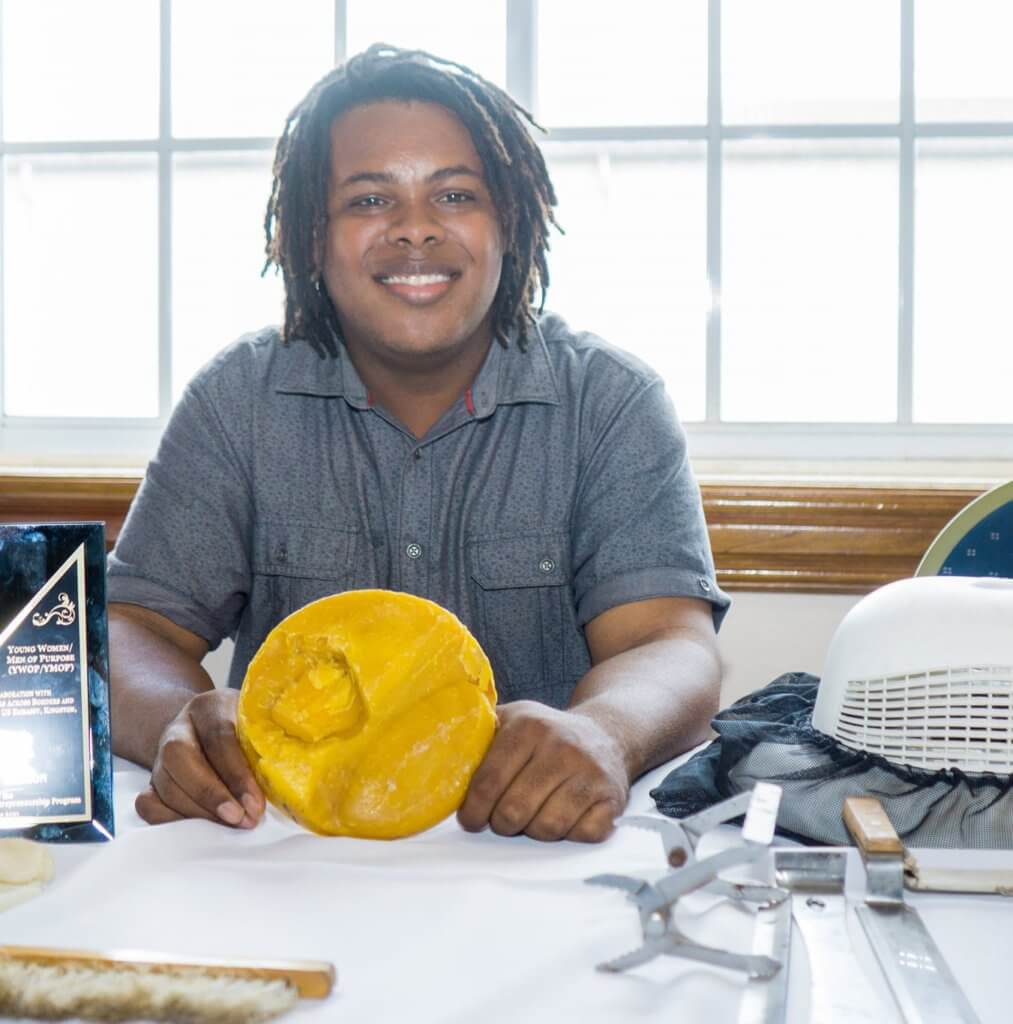
Source: Adrian Watson
Finally, what aspects of student life are you looking forward to in the UK?
I’m looking forward to being able to fly my drone, because I have a project that I haven’t been able to complete. I will have to do the course and get licensed there. That’s actually one service I could even offer in Jamaica.
I’m also planning on visiting some historical sites like Stonehenge — I’ve heard so much about it. The North Wales Jamaica Society says I must visit Penrhyn Castle. Another Jamaican said I should hike the Snowdonia mountains in Wales. I also want to go down south to Canterbury to visit some of the protected species there. I also want to visit the Natural History Museum in London, because I heard they have one of the biggest, oldest insect collections there.









